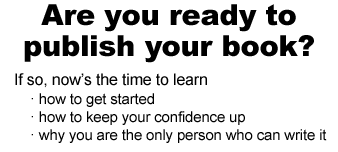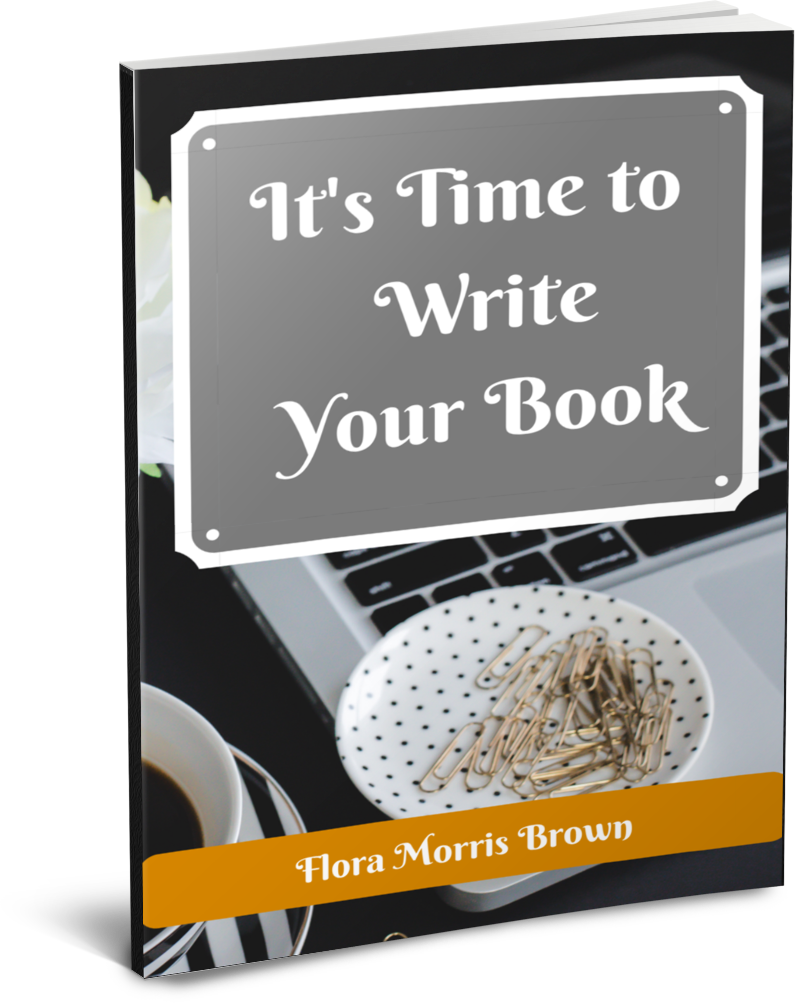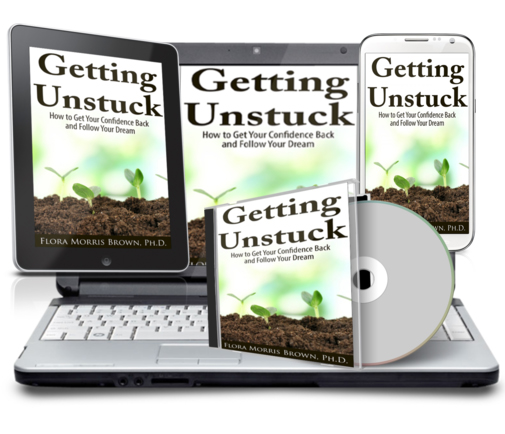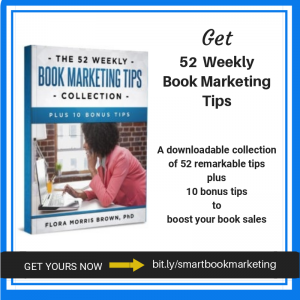 I can’t believe it’s real.
I can’t believe it’s real.I gathered 50 yummy Easter recipes and created Quick and Easy Easter Recipes
as an Amazon Kindle download.
(Yes, before you ask, I included the Sock It to Me Cake.)
Use the Look Inside feature to see the full list of all 50 recipes.
As a bonus, I’ve included three meal plans and five Easter-themed games and activities to keep the fun going with family and friends.
Quick and Easy Easter Recipes is free Friday, April 18 and Saturday, April 19 at http://www.amazon.com/kindle/dp/B00JR1D4UG/
Download your free copy to your Kindle device or to a free Kindle app for your computer, iPad, or smartphone.
or ways I can improve it, I’d be grateful if you’d email your suggestions to me.
Once you try some of these recipes, you’ll want to use them not just at Easter, but throughout the year.
The free download, however, will be all over on Sunday.










